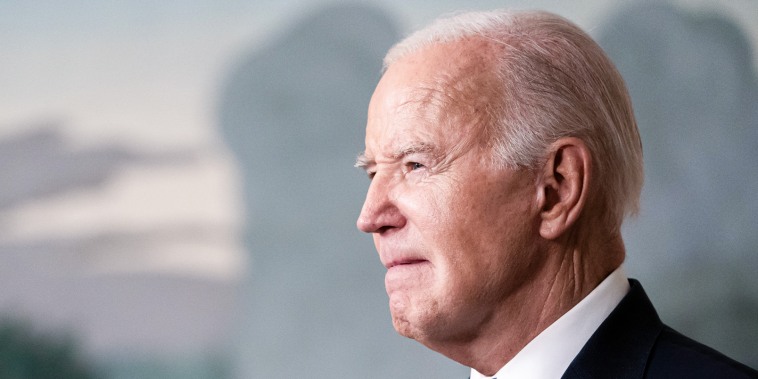In today’s fast-paced world, where consumerism drives the economy, credit cards have become an essential tool for many individuals. They offer convenience, flexibility, and rewards that can enhance financial transactions. However, with the convenience of credit cards comes the responsibility of managing finances effectively to avoid incurring late fees.
Recently, there have been efforts to address the issue of high credit card late fees charged by financial institutions. Business groups have hit back at these initiatives, arguing that such measures could have negative repercussions on the industry and consumers alike. While the debate continues, it is crucial to understand the implications of capping credit card late fees and how it might impact various stakeholders.
Critics of capping credit card late fees argue that it could lead to unintended consequences, such as higher interest rates or reduced access to credit for certain consumers. They contend that late fees serve as a deterrent for cardholders to make timely payments and are essential for covering the costs associated with delinquent accounts. Limiting these fees could also incentivize risky borrowing behavior, as some individuals may be less motivated to prioritize payments on time.
On the other hand, proponents of capping credit card late fees see it as a necessary step towards promoting financial fairness and consumer protection. They argue that exorbitant late fees can disproportionately affect low-income individuals or those facing financial hardships, further exacerbating their financial struggles. By imposing a cap on these fees, regulators aim to create a more equitable financial system that upholds consumer rights and prevents predatory lending practices.
It is important to strike a balance between protecting consumers from excessive fees and ensuring the sustainability of the credit card industry. Finding common ground where both parties can benefit is essential for fostering a healthy and transparent financial ecosystem. This could involve implementing alternative solutions, such as providing more flexibility in payment schedules, offering financial education programs, or encouraging responsible borrowing practices.
Ultimately, the debate surrounding credit card late fees reflects broader discussions on financial regulations, consumer rights, and industry practices. By engaging in constructive dialogue and exploring creative solutions, stakeholders can work together to address concerns and promote a fair and efficient credit card market. As the landscape of finance continues to evolve, it is imperative to adapt policies and practices to meet the needs of a diverse and dynamic consumer base while ensuring the long-term viability of the industry.

